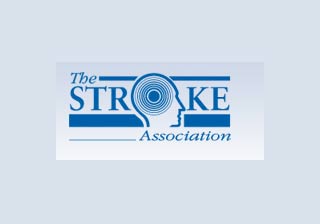
A simple pulse check is sufficient to gauge the disturbances in heart rhythm as seen in atrial fibrillation. Older individuals are apparently more vulnerable to this condition, however, the survey showed that just 33% of persons aged 65 and above were aware that AF could result in stroke.
Steve Benveniste, Campaigns Officer at The Stroke Association says, “Atrial fibrillation increases your risk of stroke by up to five times and around 12,500 strokes a year are thought to be directly linked to the condition.â€
He added that this is an alarming situation where most people above age of 65 are not aware of the risk factor for stroke, specifically since they seem to be more prone to it. Anyone experiencing symptoms should make it a point to consult a GP.
The team is of the opinion that the link between stroke and AF ought to be highlighted. Timely detection of AF could help in appropriate diagnosis and treatment thereafter. Hence, anyone concerned about their heartbeat should visit a GP at the earliest to have their pulse checked for the prohibition of stroke.
Irregular and fast heartbeat mostly above 140 beats every minute is one the most common symptoms of AF. Apart from this, other indicators include heart palpitation, shortness of breath, chest discomfort, light headedness, fainting or dizziness and tiredness.
